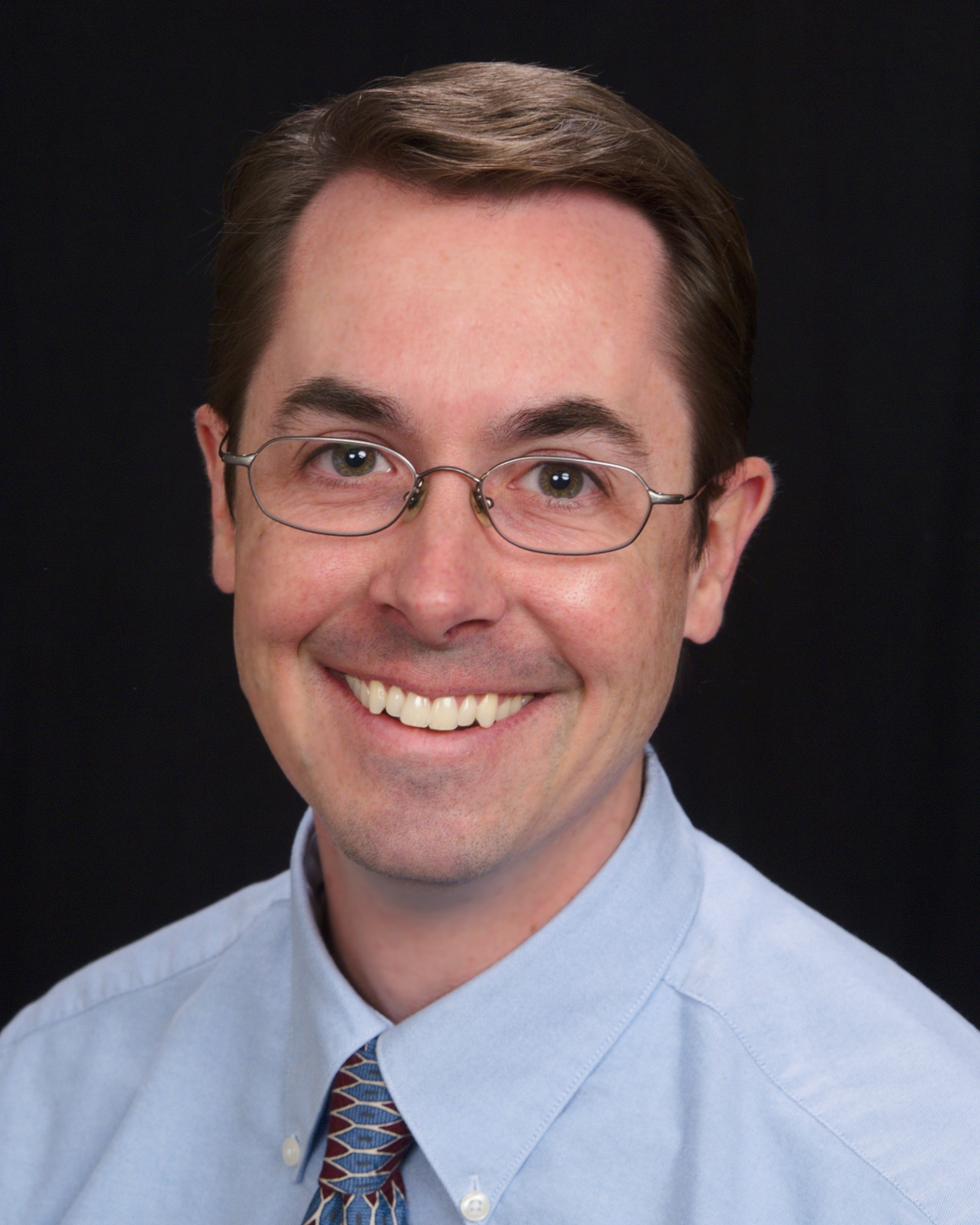Student Highlight Interview
Jonathan Constance, PhD
Jonathan is the recipient of numerous honors and awards including both the 2015 Wayne A. Colburn Memorial Award and 2015 Abstract Award. Jonathan received his Bachelor of Science in Chemistry and his PhD in Pharmacology and Toxicology from the University of Utah. He is currently Assistant Professor in the Division of Clinical Pharmacology, Dept. of Pediatrics at the University of Utah. Thank you, Jonathan, for agreeing to participate in our Student Highlight Interview.
How long have you been a Member of ACCP? I joined ACCP in June of 2015.
Please describe your studies/research? I currently have a position in the Division of Clinical Pharmacology, Dept. Pediatrics, University of Utah where my area of research is in pediatric clinical pharmacology with an emphasis in oncology. Specifically, I am interested in pharmacokinetic and pharmacodynamic interactions between supportive care therapeutics (e.g., anti-infectives, analgesics, anti-emetics) and antineoplastic therapy in pediatric patients with leukemia.
Why did you choose the field of clinical pharmacology? My interest in pharmacology began when I took a position as a technician with the Anticonvulsant Drug Development Program in the laboratory of Prof. M.R. Franklin (my future dissertation committee chair) at the University of Utah. This was an exciting environment where everyone I worked with was passionate about the science of pharmacology.
Who was most influential to you in selecting your career path? This is a tough question. I cannot fairly answer this with just a single person. However, I will strictly limit my answer as it relates to my decision to join the Division of Clinical Pharmacology in the Dept. of Pediatrics at the University of Utah for my postdoctoral fellowship. The most influential people were Sarah Campbell, PhD, Catherine M. Sherwin, PhD., FCP and Mike Spigarelli, MD, PhD.
What advice would you give to another Student considering membership in ACCP? ACCP is highly supportive of students and trainees. The programming at ACCP is outstanding and the members and leadership are among the world’s foremost experts in clinical pharmacology.
What qualities have you worked on during your graduate studies to become a successful scientist? Looking back, I attribute a large part of my current success by keeping in close communication with (and following the advice of) my PhD advisor and members of my dissertation committee. Informal hallway conversations were invaluable. Regular communication with those involved with advising your research and career is critical.
How has involvement in ACCP helped shape your career and what benefits have you enjoyed as a result of being an ACCP member (Mentoring, Committees, posters at Annual Meetings, etc.? Although I’ve been a member of ACCP for less than a year, I’ve benefitted from meeting other clinical pharmacologists, educational activities, and the opportunity to present my research. I am excited to have found an organization that aligns so closely with my professional and scientific interests.
How would you recommend that students get involved in the various initiatives of the college? Get in contact with Krista Levy or the Director of Education!
Please tell us about your experience as a Student at the ACCP annual meeting or on an ACCP Committee? The annual meeting I attended as a student was an experience I will not forget. I received a Student/Trainee Abstract Award as well as being selected for the Wayne A. Colburn Memorial Award at the meeting. As a brand new pharmacologist this was a tremendous honor. So my first meeting was filled with a series of humbling and surprising events. I’ve recently joined the education committee at ACCP and have started to help with a few continuing education initiatives.
What networking opportunities are available for students attending the ACCP annual meeting? For students, I would recommend attending the annual meeting, ideally with their advisor along for helpful introductions. Based on the length, number of attendees, and collegial atmosphere of the 2015 annual meeting, I thought it was a highly conducive environment to meet other scientists.
What are some of the long term benefits of getting involved in ACCP as a student? Since I’m new, I’ll have to keep you posted. However, I am very much looking forward to becoming a long-term member of ACCP.
What do you do when not working (i.e. other activities like sports, art, music etc.) I enjoy Utah’s excellent mountain biking, skiing, and hiking.